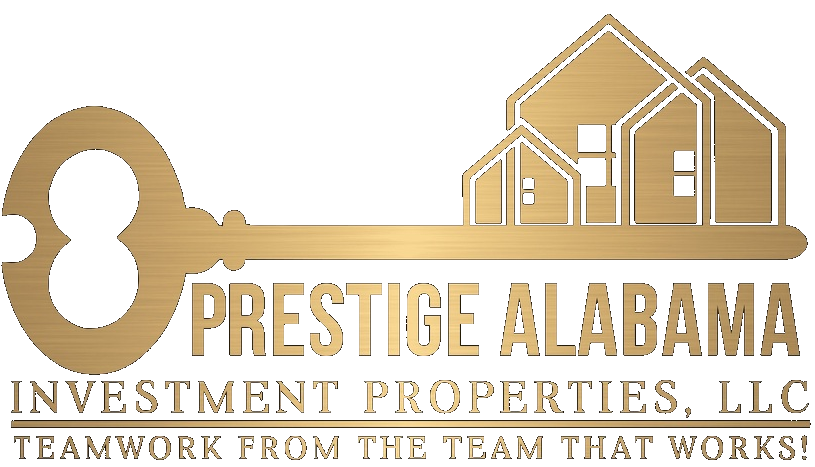Foreclosure is when the bank or mortgage lender takes possession of property that is in default, often against the homeowner’s will. Your mortgage agreement states that if you stop making payments on your loan, the bank can reclaim the property through foreclosure.
Depending on your state, the foreclosure process can be judicial or non-judicial. Some states have options for both.
- In a judicial foreclosure, the lender files a lawsuit to initiate a foreclosure. The borrower goes to court to fight the lawsuit; if they lose, the house will go into foreclosure and can be sold at auction.
- Non-judicial foreclosures rely on power-of-sale clauses in the mortgage or deeds of trust to recoup the balance owed if the borrowers stop making payments. There is no court hearing, and the process generally is faster than under a judicial foreclosure. The mortgage clause authorizes trustees (who are appointed by the lender) to sell the home to pay off the balance. The lender must follow out-of-court steps laid out by the state and the mortgage agreement to begin the foreclosure process.
When Does Foreclosure Begin?
Borrowers who get behind on their mortgage usually go through several steps before they face foreclosure. Foreclosure is the result of breaking your repayment agreement with your lender and failing to make alternative arrangements for repayment, such as a loan modification.
The repayment agreements are outlined in the promissory note you signed at closing as part of your mortgage commitment. These agreements may differ by lender and jurisdiction. So be sure to refer to your agreement for particular rules that govern your mortgage.
Foreclosure Timeline
In both judicial and non-judicial states, the initial process is typically the same, beginning with your first late monthly mortgage payment. Here’s the general timeline:
First missed payment. The first step is a missed payment. Lenders often offer grace periods of up to 15 days to pay your mortgage after the due date; if you don’t make your payment within the grace period, you could be charged a late fee. Additionally, some lenders might report your late payment to the credit bureaus.
Default. If you continue to miss mortgage payments, you’re considered in default. Some lenders will consider you in default after 30 days of no payment, while others have a 15-day no-payment limit. The default rules depend on your lender.
The next step depends on whether you have a judicial or non-judicial foreclosure. Typically, a judicial foreclosure happens when there is no “power of sale” in the mortgage agreement or the state mandates this type of foreclosure; non-judicial foreclosure takes place when there is a power of sale clause and is allowable under state law. Typically, non-judicial foreclosures are faster and less expensive.
Foreclosure lawsuit or notice of default. For a judicial foreclosure, your lender will file a foreclosure lawsuit. If you don’t respond, the judge will likely grant the lender a default judgment. If you respond, the case could go to trial, or the judge could file a motion of summary judgment. A motion for summary judgment is a decision made by the judge when there isn’t a genuine dispute about the material facts surrounding the foreclosure.
In a non-judicial foreclosure, the lender automatically issues you a notice of default (NOD) via certified mail, which is also recorded with the county registrar. This tells you how much you owe, including past due amounts, late fees, and foreclosure costs. Once you receive the NOD, you typically have 90 days to repay what you owe or work with your lender to come up with a repayment agreement.
Pre-foreclosure. Between the notice of default and the sale of the home, the borrower can pay what’s owed to stop the foreclosure process. As the borrower, you still legally own the home, so there’s time to save yourself from eviction. Even contacting your lender could help you stop the foreclosure process, primarily if they determine you’re eligible for a particular payment or relief plan.
Notice of sale. If you don’t pay what’s owed or make arrangements within the notice of default period, the lender will create a notice of sale. This notice might be published in a local newspaper and could also be posted on your property. The lender will then prepare to put the home up for auction, which includes setting a date and time for the sale.
Leave residence. Once the lender sells the property, you’ll have to move out. The time you have to vacate the property differs based on your state’s laws.
Do I Have to Move Out of My House When It’s in Foreclosure?
Generally, you do not have to move out until the foreclosure process is complete, which can take a few months or up to a year or longer. However, once your house is sold, you have to leave the property. You might have some time after the sale date to live in the home, but that timeframe varies by state. It could be a few days or a few weeks.
If you remain on the premises beyond your legal rights, the homeowner or lender will start a formal eviction process.

